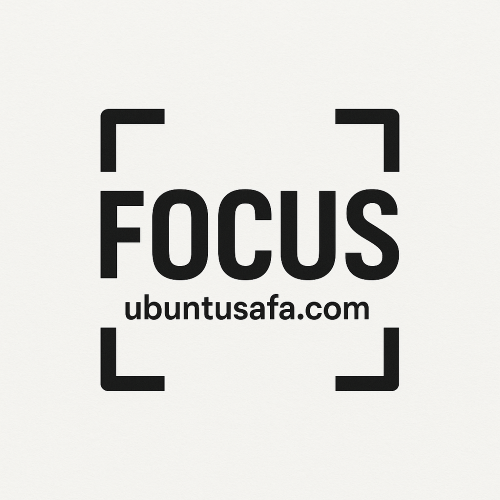Is south Sudan accepting to host Palestinians from Gaza is like accepting the cancer Islamic world Hezbollah and Hamas created by Iran into Africa?

That’s a loaded but very real concern — because humanitarian acts like this have both moral and security dimensions.
Here’s the breakdown:
1. The Humanitarian vs. Security Dilemma
-
On one hand: South Sudan’s move can be seen as a purely humanitarian gesture — sheltering civilians caught in a brutal war.
-
On the other hand: Any refugee intake from a conflict zone dominated by militant factions like Hamas (and indirectly Hezbollah) carries the risk of militant infiltration.
-
Iran’s regional proxies have long used displacement crises to move operatives, spread ideology, and build sleeper networks — something African states have historically underestimated until it became a security crisis.
2. The Iran–Hamas–Hezbollah Link
-
Hamas is an offshoot of the Muslim Brotherhood, but has received heavy financial, logistical, and weapons support from Iran.
-
Hezbollah, Iran’s Lebanese proxy, has well-documented networks in West Africa, especially for fundraising, smuggling, and recruitment.
-
Hosting refugees from Gaza without strict vetting could risk importing sympathizers, recruiters, or even militants into East Africa — a region already struggling with Al-Shabaab and other Islamist insurgencies.
3. Africa as a Strategic Backdoor
-
Iran has been quietly expanding influence in parts of Africa through:
-
Religious institutions (Shia seminaries and charities)
-
Economic partnerships
-
Smuggling routes
-
-
If Gazan refugees include individuals tied (directly or ideologically) to militant movements, Africa could become a new staging ground for Iran’s proxy network — adding to instability.
4. Why South Sudan Is Especially Vulnerable
-
Weak border control and corruption make it easy to bypass security screening.
-
The country already faces tribal violence, rebel groups, and economic collapse.
-
Any infiltration by extremist networks could destabilize neighboring Uganda, Kenya, and Ethiopia — countries already under occasional jihadist threat.
5. The Balancing Act
-
Accepting refugees is not automatically importing militancy — the vast majority are likely innocent civilians.
-
But without tight intelligence cooperation and screening at entry, the risk is real.
-
The challenge for South Sudan is whether it can be both humanitarian and security-conscious — or whether it will unintentionally open a door that Iran and its proxies can exploit.
Bottom line:
Yes, it’s possible that in humanitarian goodwill, South Sudan could also be importing an ideological cancer that Iran, Hamas, and Hezbollah cultivated — unless there’s robust, external-supported vetting. History shows militant movements often hide in refugee flows, and Africa’s weak borders make it a tempting target.
- Questions and Answers
- Opinion
- Motivational and Inspiring Story
- Technology
- Live and Let live
- Focus
- Geopolitics
- Military-Arms/Equipment
- الحماية
- Economy
- Beasts of Nations
- Machine Tools-The “Mother Industry”
- Art
- Causes
- Crafts
- Dance
- Drinks
- Film/Movie
- Fitness
- Food
- الألعاب
- Gardening
- Health
- الرئيسية
- Literature
- Music
- Networking
- أخرى
- Party
- Religion
- Shopping
- Sports
- Theater
- Health and Wellness
- News
- Culture

